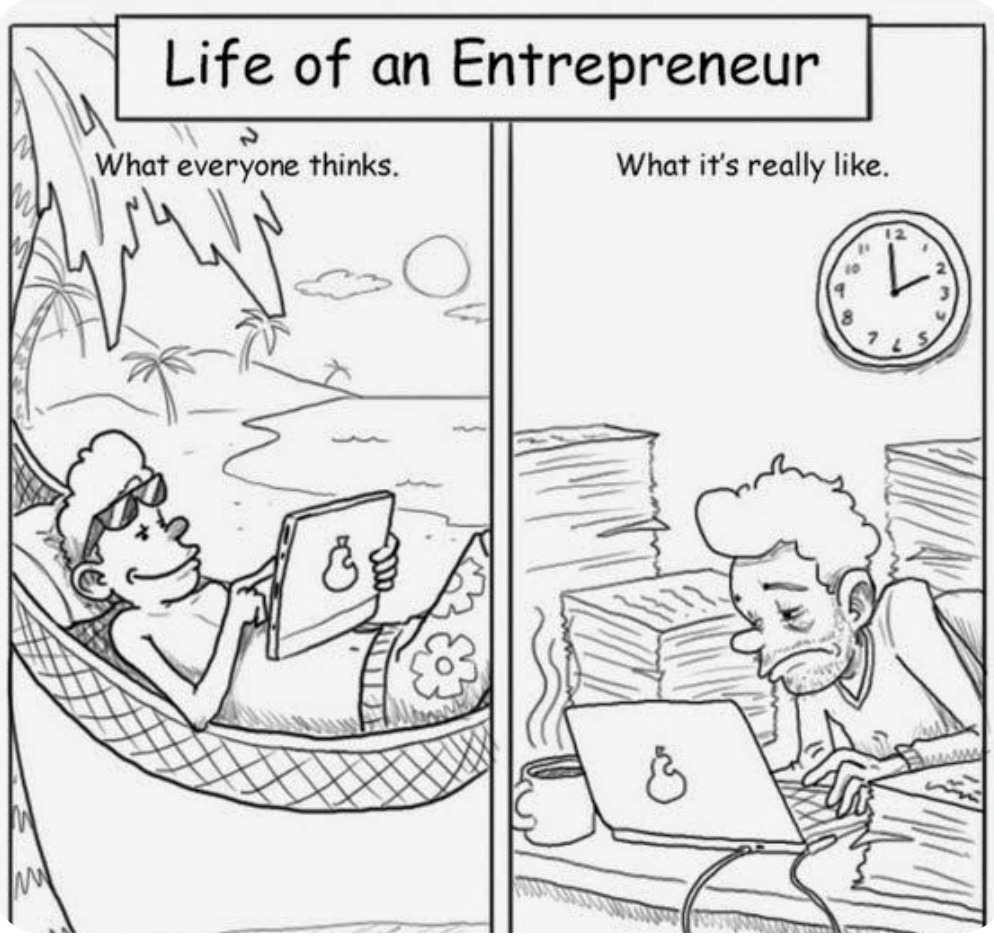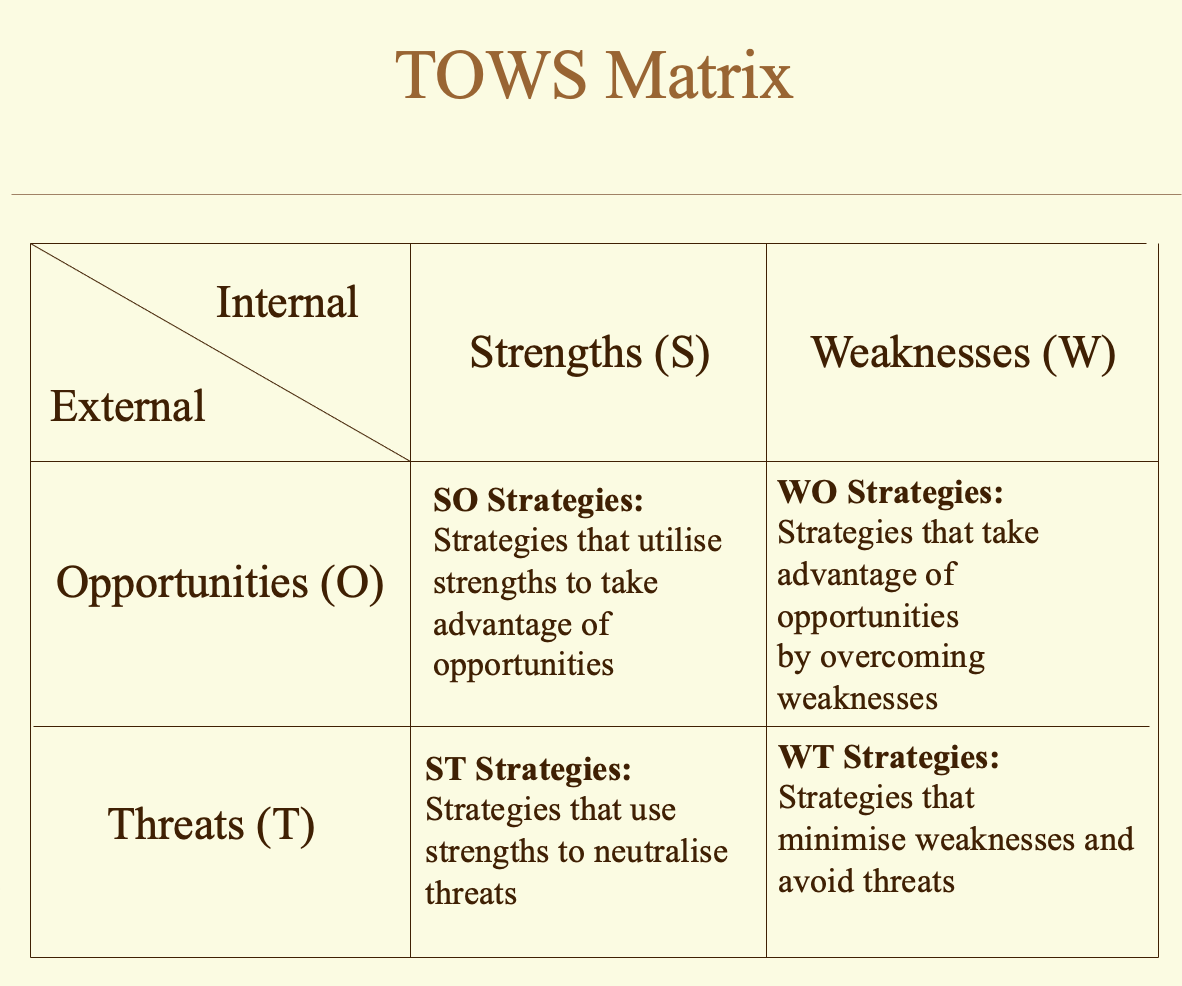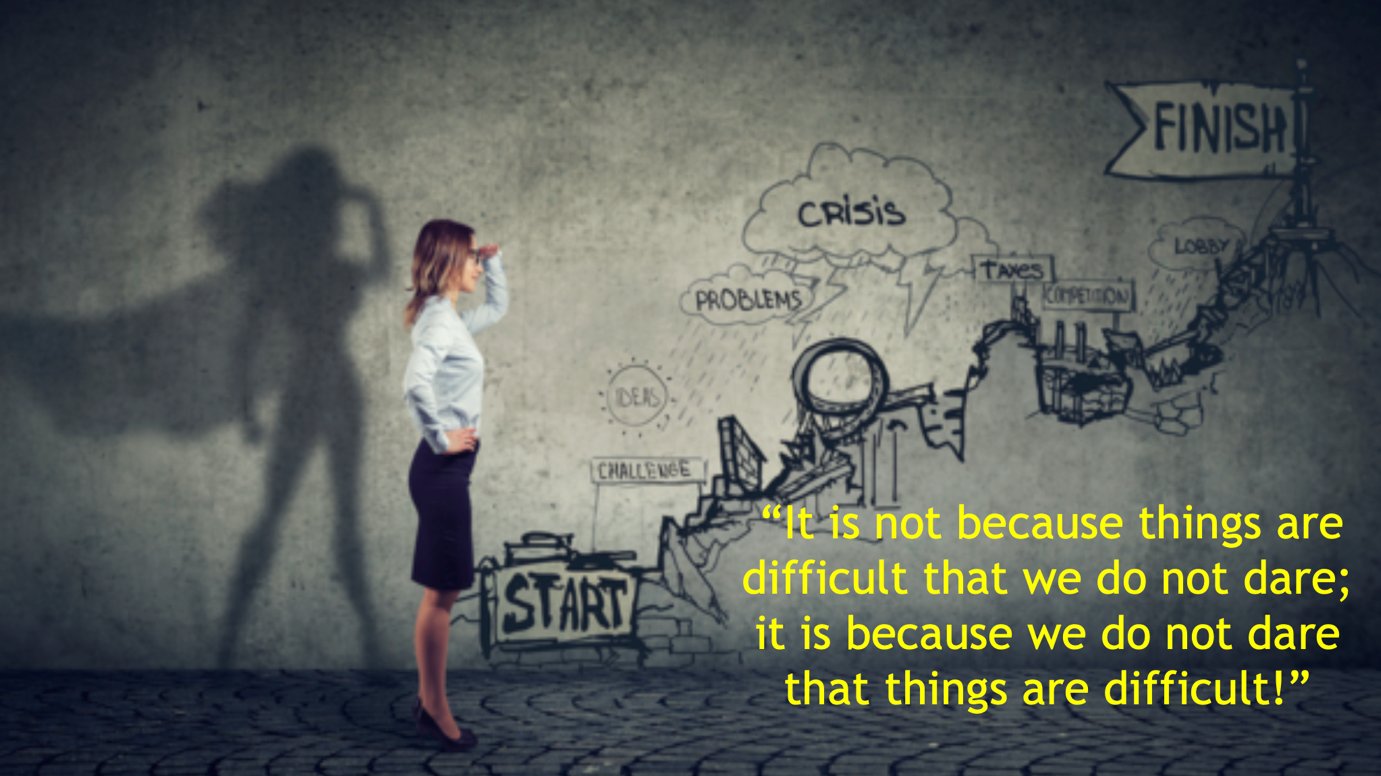I want to be an Entrepreneur!

Sudeesh Yezhuvath
1990 IC
If we type in the question “What is entrepreneurship” in Google, the response that comes up is “the activity of setting up a business or businesses, taking on financial risks in the hope of profit”. Of course, there are also other forms of entrepreneurship like social entrepreneurship, but the most understood meaning of entrepreneurship is indeed on the lines mentioned above. This discussion will also focus on this approach and definition and I am penning this article based on my experience and observations and not using any theoretical framework, as I believe such material can be found in many a management textbook. Further, when I talk about an enterprise, I don’t necessarily mean those with multi-million Dollar valuations only, it also includes a small, one-person business as well. I am also focussing only on the early stage of entrepreneurship and not talking of scaling the organisation once it has proven to be sustainable[1].
Most workers, especially those that work in private enterprises, harbour an ambition to become an entrepreneur at some point of time in their lives. Our habit of celebrating “successes” at an unjustifiable scale and our worship of money are, of course, the two main driving factors behind this. Yet, only a very, very small percentage actually become entrepreneurs and for the others, it remains a mere wish. The first and foremost aspect that holds back most people from becoming an entrepreneur is risk appetite and this is indeed quite important. We will touch upon this in more depth later.
Source: https://medium.com/@Dontgiveup/introspective-cartoon-on-entrepreneurship-62cff5e21dec
If one does truly want to be an entrepreneur, it is helpful to follow a structured approach and I believe that many successful entrepreneurs do this but for many, it is intuitive and they don’t need to work it out on paper. I am trying to extract this process based on my experience and observation and put it down as a kind of framework.
The first step to being an entrepreneur is deep introspection – to understand why one wants to be an entrepreneur. I say it must be deep introspection because the “Why” is at the core of entrepreneurship; it is the purpose or the dream that drives the entrepreneur (eg: generate wealth, leave a legacy, provide employment). Hence, this is something one must reflect on very seriously and arrive at after many rounds of distillation and in the process it may so happen that one decides not to be an entrepreneur because there was no strong Why and that is absolutely fine. So, what are the questions to ask oneself at this stage? Is the Why very important to me? Does it keep me awake at night? What am I willing to sacrifice? What am I willing to risk? This is where risk appetite comes in and the old saying “no gain without pain” is absolutely true. An entrepreneur may have to take very significant risks and often there will be huge setbacks. Life of an entrepreneur is no cake-walk and the reality is that ninety percent of all start-ups fail. What is publicly seen are the successes and that too only the shining veneer; reality is often very different.
Source: https://www.pinterest.co.uk/pin/452893306253769636/
The Why must be strong enough to help provide the resilience and strength to overcome such challenges. This is the importance of arriving at the Why after deep introspection as only such a well-connected purpose can provide the support needed to bridge all the challenges; else, one will drop dead at the first hurdle. Keep asking yourself whether you are convinced on your Why till you are doubly sure of it; if not, it is best not to make any move in the direction of entrepreneurship. In the process, as I mentioned before, it is alright if one drops the whole idea itself. It is very important to realise that there is no need for everyone to be an entrepreneur and any social construct that puts entrepreneurship at the top of the pecking order, is artificial and misplaced.
I have stressed quite a lot on finding out the Why because if that is done, half the battle is won. A strong purpose will guide us through the inevitable difficulties that we will have to face in our entrepreneurial journey. It also acts as a beacon in case of difficult decisions as well. Further, I must stress here that there is no right Why or a wrong Why. It is something quite personal and so anything is fine, as long as it is a deeply held desire.
Once the Why is established, we get to the How and the What. These need not be addressed in that order and may even be dealt with as just one part. Some relevant questions are:
- What is the nature of the enterprise that one is going to start? Are there going to be partners? If there are partners, it is important that all of them share the same Why, as otherwise, this will lead to differences in opinion and a possible split at a later stage.
- What is the product[2] one is going to provide? Is there a felt need in the market for this product? Will customers be willing to spend money on this? This is a very important question as we often get carried away by our ideas and imagine that there is a market for the idea whereas that is often not the case. Hence, it is very critical to stress test this aspect and there are various means of doing this. In case there is existing competition, it is easy to assess this as there will be market studies, revenue reports etc. to go by. In case of inventions or new ideas, approaches like dip-stick surveys or market studies or an agile method to quickly test the marketability of the idea, may need to be undertaken.
With this the Why-How-What part of the planning stage is over and from here, one moves to the execution part of the game. The most important point here is to prepare a Business Plan which includes the following points, at a minimum:
- Product
- What are the market needs being addressed?
- What is the positioning of the product vis-à-vis competition?[3]
- What is the exact value proposition and how is it different from the competition?
- What will be the pricing (this should be justified from the market and value perspective)?
- Who are the customers? What will be the sales and marketing approach?
- How will the product be manufactured?
- How will the product be implemented and maintained (if relevant)?
- Organisation Structure (where applicable):
- What is the right organisation structure for the short term and the medium term?
- Are the right skills for marketing, selling, manufacturing, implementing and supporting the product available in the organisation?
- If there are partners, what are the roles of each partner? This must be clearly defined and each partner must be able to add some specific value if they have operational roles.
- How to attract talent?
- Financials:
- What is the projected cash flow for an extended period, say three years?
- What are the possible revenues, costs and profits?
- What is the quantum of funds needed to meet the cash flow for this period?
- What is the source for funds? Boot-strapped, Venture Capital, etc.
- If funds have to be raised from external sources, what can be the valuation for the enterprise?
- What are the milestones to be achieved in the short term and medium term?
- What is the stop-loss number? This is important as it is a good practice to decide early on, when to call it quits if the plan doesn’t work out. Else, one can get into a situation of not knowing when to stop and thus getting into a very stressful scenario.
All of these must be written down and, needless to say, stress tested. By this I mean the practice of robust questioning of each assumption to ensure that those are valid and reliable, at least under the given circumstances. Entrepreneurs are generally in love with their ideas and they think the rest of the world will also think similarly and they get frustrated when that doesn’t happen. This is mostly because of lack of proper validation of assumptions, especially those related to the value provided by the product. Therefore, it is important to write these down as often ideas that felt nice in our heads look silly on paper. Discussing the business plan with people one trusts and who can value add, especially in checking out the assumptions, is a good idea. Of course, the final decision has to be taken by the entrepreneur, but inputs can be used for validation and widening of perspectives.
There are a lot of different frame works available like EFAS/IFAS/SFAS Matrix, SWOT, Proter’s Five Forces etc. to strengthen the business plan and check the assumptions therein. In my experience, SWOT[1] and if need be, the TOWS Matrix, is the best approach. An honestly prepared Strengths and Weaknesses analysis at the planning stage can help understand what value the entrepreneur brings to the table and whether s/he is even suited to be an entrepreneur. An organisation-wide SWOT would provide great value if it were prepared honestly and with robust analysis of various points mentioned therein. This can also help to form a strategy for execution, in the form of TOWS Matrix.
In my opinion, the best organisations are built by entrepreneurs who have been in the forefront of selling from the very beginning. By selling, I mean selling the product to the first customers or selling the idea of the organisation to investors and so on. As the organisation grows, the entrepreneur can hand over the reins to a professional sales team or even hand over the running of the organisation to a professional management team but it is always a good practice to be in the thick of the action at the early stages, especially with customers. A deep understanding of the market is critical to the success of any enterprise and this is why it is important that the entrepreneur gets involved from a very early stage. This will facilitate course corrections and modifications (even to the product) and improve chances of success. Further, it is important to remember that nobody can sell your dream like you can, with the same passion and involvement.
These are some points which I think, are important to consider in the early stages of an entrepreneurial journey. As mentioned earlier, I am not getting into how to scale an organisation and the challenges therein. In my experience, the biggest challenge I have seen there is the inability of the entrepreneur to scale and thus blocking the growth of the organisation because s/he doesn’t realise this and hand over control to those that can. However, that is a discussion for another day!
In conclusion, entrepreneurship is no bed of roses and is not for the weak-hearted. It requires courage, resilience and above all, a deep conviction in one’s ideas and self-belief. Does this mean that one should try and hold oneself back and not be an entrepreneur? Not at all. By all means, if you want to go ahead, if the urge is strong, plunge right in. Don’t let fear of failure hold you back; for, as they say, nothing succeeds like success. A good maxim to follow would be the quote[5]: “Twenty years from now you will be more disappointed by the things you didn’t do than by the ones you did do”.
[1] “Cross the chasm” by Geoffrey Moore is a good read in this context I mean services also when I say product in this article.
[2] I mean services also when I say product in this article.
[3] This TED Talk by Simon Sinek is a must watch: https://www.ted.com/talks/simon_sinek_how_great_leaders_inspire_action?language=en
[4] SWOT: Strengths, Weaknesses, Opporunties and Threats. Strengths and Weaknesses are internal and Opportunities and Threats are external.
[5] It is generally believed that Mark Twain said this but the Centre for Mark Twain Studies says that it is wrongly attributed















